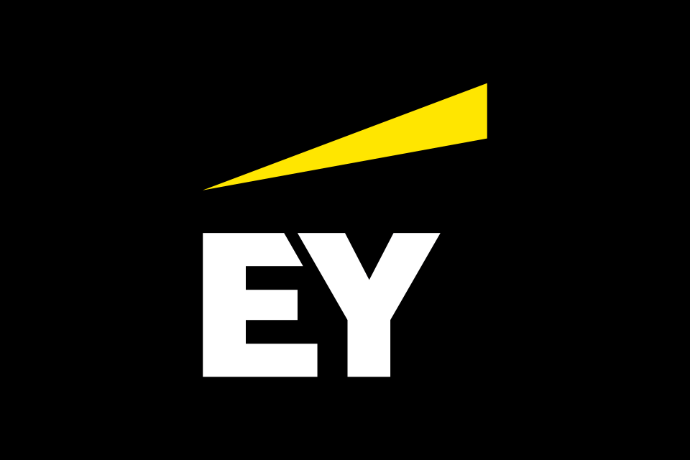Swedish Buy Now, Pay Later (BNPL) giant Klarna is to face strike action next month over its decision to sit outside of the country’s traditional labour market model.
According to Unionen, Sweden’s largest trade union in the private labour market, nearly nine in ten workers in the Swedish labour market are currently covered by collective agreements.
However, it says that in the technology industry in particular, many companies – including Klarna – choose to stand outside of this model.
The union argues that a collective agreement shows that a company stands for fair and safe conditions, a stable occupational pension agreement, and the possibility of adjustment support.
Despite Klarna now being a large and established company which is "in many ways at the forefront of the industry", said the organisation, it has chosen to say no to its members’ wish for a collective agreement.
Unionen has been working to reach an agreement with Klarna for a number of years, with more active talks and negotiations between Sweden’s engineers, Swedish union Akavia and Klarna taking place in February.
The collective agreement has been on the table since April.
“Last week, from the trade union side, we suspended the negotiations because we had reached a point where there are no longer any issues left to discuss,” said Peter Hellberg, association chairman at Unionen. “And today, together with Sweden's engineers, we have announced a strike.”
He continued: “It is deeply regrettable that Klarna's management does not listen to the employees' needs and desire to participate in decision-making processes at the company and have the right to an annual salary audit. It feels surprisingly out of date for a company that wants to appear modern.”
On Thursday, co-founder and chief executive of Klarna Sebastian Siemiatkowski responded to the strike announcement on X:
"The primary focus for us right now is our employees who are in shock that:
They have believed that they can decide for themselves whether they want to strike or not
The union says they will be locked out and lose their pay if they don't strike
The union says they will be put on a list and will not be allowed to become members of any other union ever again unless they strike
So far, the unions aren't announcing specifically which employees those are, and those who aren't in those unions are worried about what's going on
This creates enormous stress on our employees and our primary focus is their well-being. We will return later."
The strike is planned for 7 November at 10.30am if Klarna chooses to not sign a collective agreement.
Latest News
-
Gemini to cut quarter of workforce and exit UK, EU and Australia as crypto slump forces retrenchment
-
Bank ABC’s mobile-only ila bank migrates to core banking platform
-
Visa launches platform to accelerate small business growth in US
-
NatWest to expand Accelerator programme to 50,000 members in 2026
-
BBVA joins European stablecoin coalition
-
eToro partners with Amundi to launch equity portfolio with exposure to ‘megatrends’
Creating value together: Strategic partnerships in the age of GCCs
As Global Capability Centres reshape the financial services landscape, one question stands out: how do leading banks balance in-house innovation with strategic partnerships to drive real transformation?
Data trust in the AI era: Building customer confidence through responsible banking
In the second episode of FStech’s three-part video podcast series sponsored by HCLTech, Sudip Lahiri, Executive Vice President & Head of Financial Services for Europe & UKI at HCLTech examines the critical relationship between data trust, transparency, and responsible AI implementation in financial services.
Banking's GenAI evolution: Beyond the hype, building the future
In the first episode of a three-part video podcast series sponsored by HCLTech, Sudip Lahiri, Executive Vice President & Head of Financial Services for Europe & UKI at HCLTech explores how financial institutions can navigate the transformative potential of Generative AI while building lasting foundations for innovation.
Beyond compliance: Building unshakeable operational resilience in financial services
In today's rapidly evolving financial landscape, operational resilience has become a critical focus for institutions worldwide. As regulatory requirements grow more complex and cyber threats, particularly ransomware, become increasingly sophisticated, financial services providers must adapt and strengthen their defences. The intersection of compliance, technology, and security presents both challenges and opportunities.
© 2019 Perspective Publishing Privacy & Cookies



.jpg)









Recent Stories